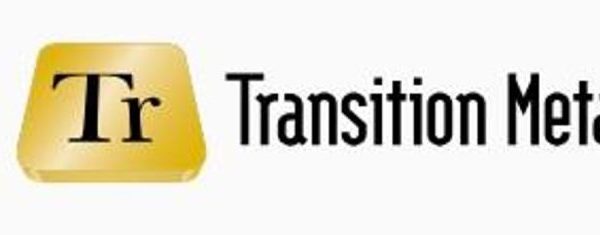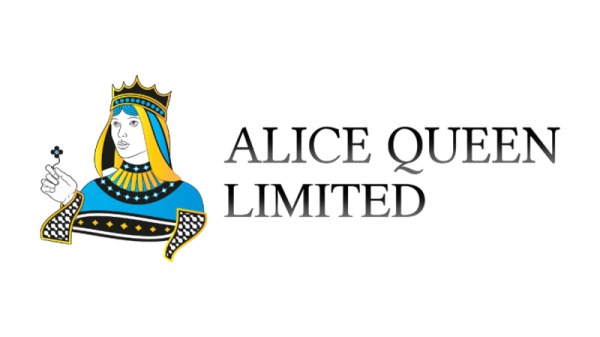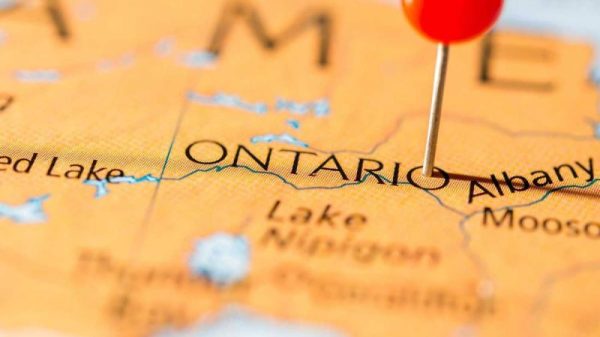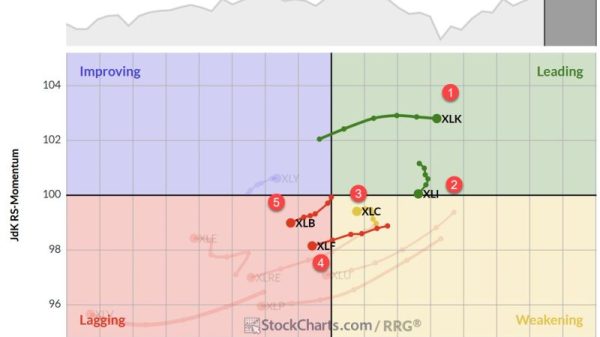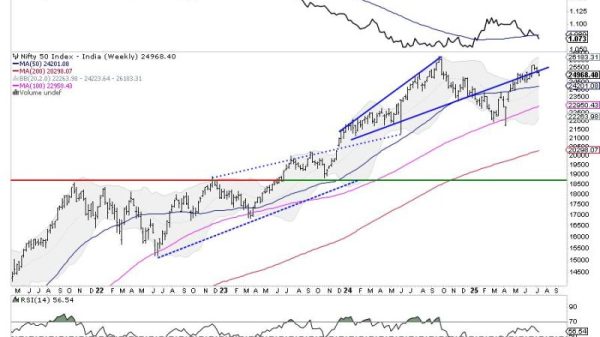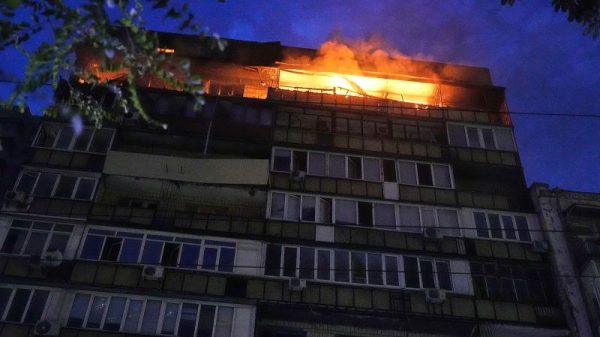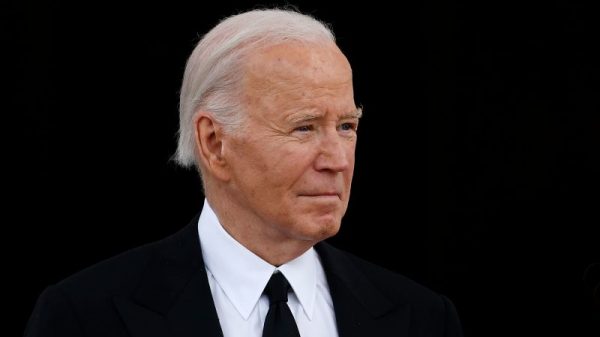Canadian miner Barrick Gold (TSX:ABX,NYSE:GOLD) released its Q2 earnings and production results on Monday (August 12), commenting on progress at key projects, as well as its financial performance.
The company’s net earnings rose by 25 percent to reach US$370 million, driven by an increase in its attributable EBITDA margin, which climbed 17 percent from the previous quarter to hit 48 percent.
Operating cashflow came to US$1.16 billion, while free cashflow totaled US$340 million. Barrick’s earnings per share increased by 24 percent to reach C$0.21, while its adjusted net earnings per share surged by 68 percent to C$0.32.
Its gold output came to 948,000 ounces for the quarter, while its copper production was 42,000 metric tons.
In the company’s post-results conference call, President and CEO Mark Bristow emphasized Barrick’s commitment to achieving its 2024 production targets while focusing on long-term value creation.
“Rising production and increasing margins provide the foundation for a strong second half, while the financials augur well for our ability to fund our growth and so sustain the delivery of value to our shareholders,” he said.
Barrick’s performance in Q2 was also propelled by advances in its projects across different regions.
In Nevada, the Goldrush mine — part of the Nevada Gold Mines joint venture — is ramping up production, with output expected to exceed 400,000 ounces annually by 2028. The company said the adjacent Fourmile project, which is wholly owned by Barrick, is emerging as a significant asset, with potential gold production exceeding 500,000 ounces per year over the next two decades. Drill results have revealed grades that are consistently higher than those at Goldrush.
In Latin America, the Pueblo Viejo expansion project in the Dominican Republic is nearing completion. This work is geared at boosting the operation’s annual gold production to more than 800,000 ounces beyond 2040. The project remains on track, with key infrastructure being rebuilt and optimized following a conveyor failure last year.
Barrick also said the recently restarted Porgera mine in Papua New Guinea is ramping up toward commercial production, while in Pakistan, the Reko Diq copper-gold project is progressing with its feasibility study.
In Africa, operations in Mali and the Democratic Republic of Congo continue to deliver steady production with manageable costs. The Loulo-Gounkoto Complex in Mali has reported positive exploration results, indicating potential for life-of-mine extensions. In the Democratic Republic of Congo, preparations are taking place at the Kibali mine to commission a new solar power and battery storage facility, further enhancing its renewable energy capacity.
“We set out in 2019 to build a sustainably profitable gold- and copper-mining company focused on world-class assets,” Bristow explained during his presentation. “They were embedded in the combined portfolio that we put together at market and just required identification, evaluation, development and delivery, which is where we are today.”
Looking ahead, Barrick continues to evolve its sustainability initiatives through the Biodiversity Residual Impact Assessment tool, along with the addition of 200 megawatts of renewable solar energy at the TS power plant in Nevada.
Securities Disclosure: I, Giann Liguid, hold no direct investment interest in any company mentioned in this article.

